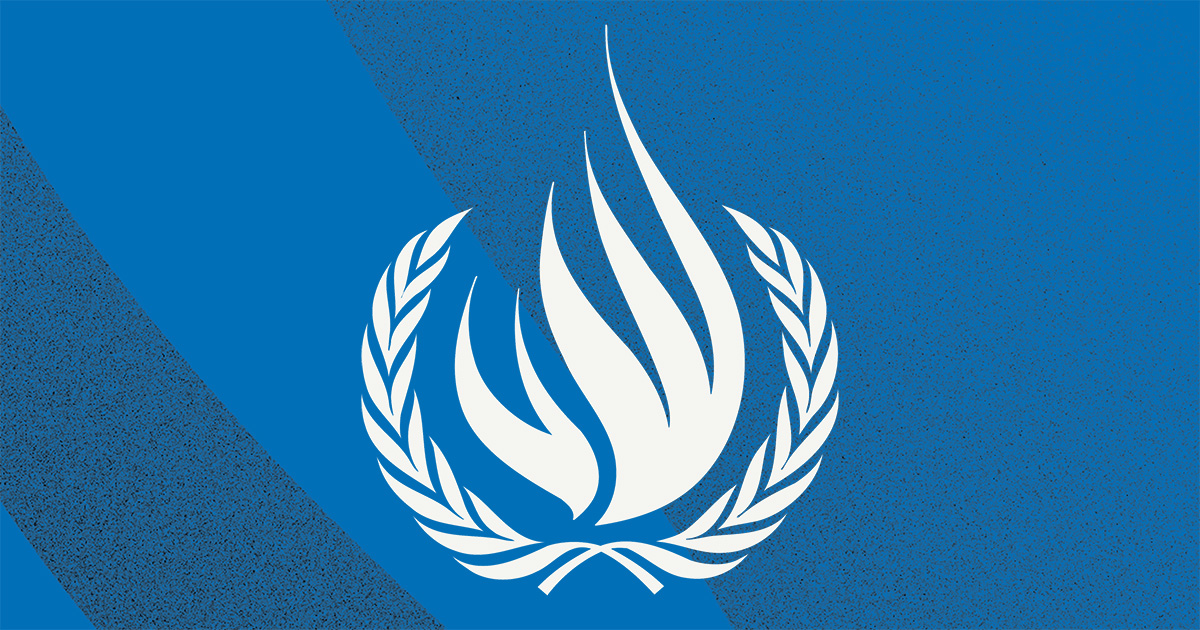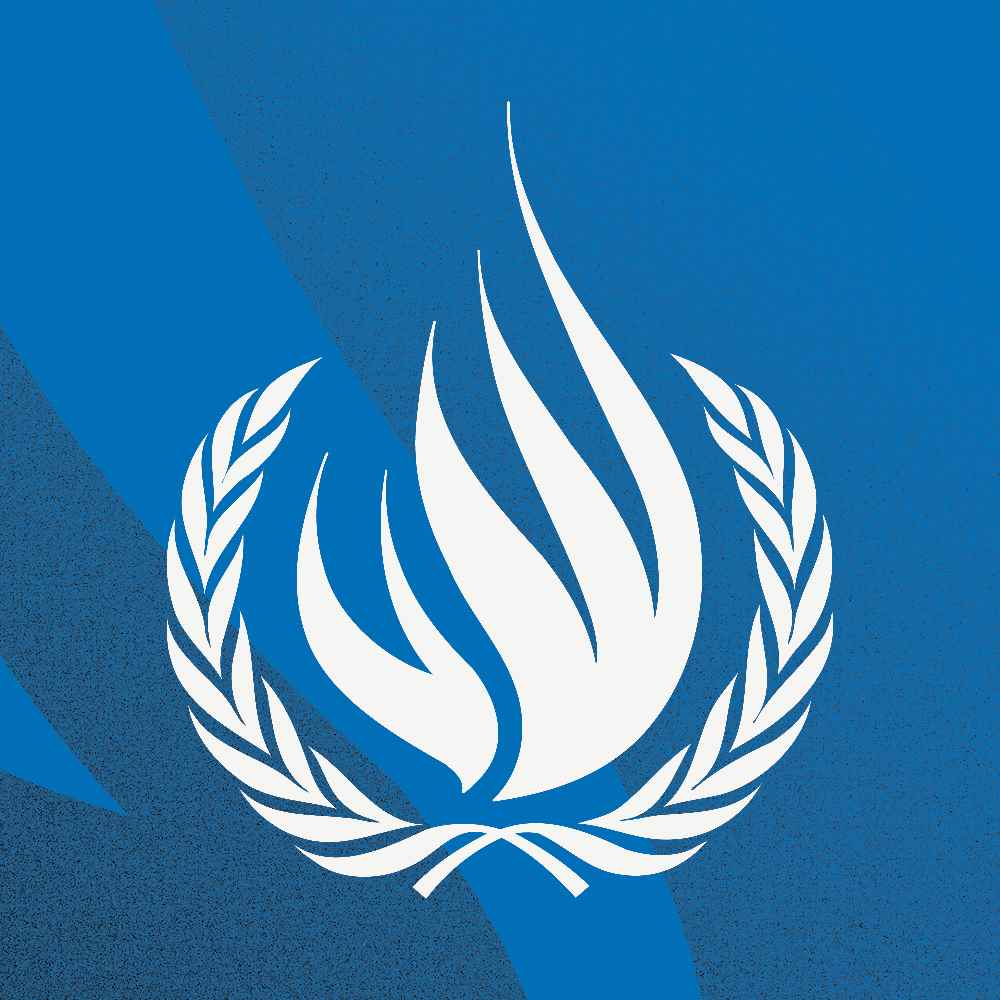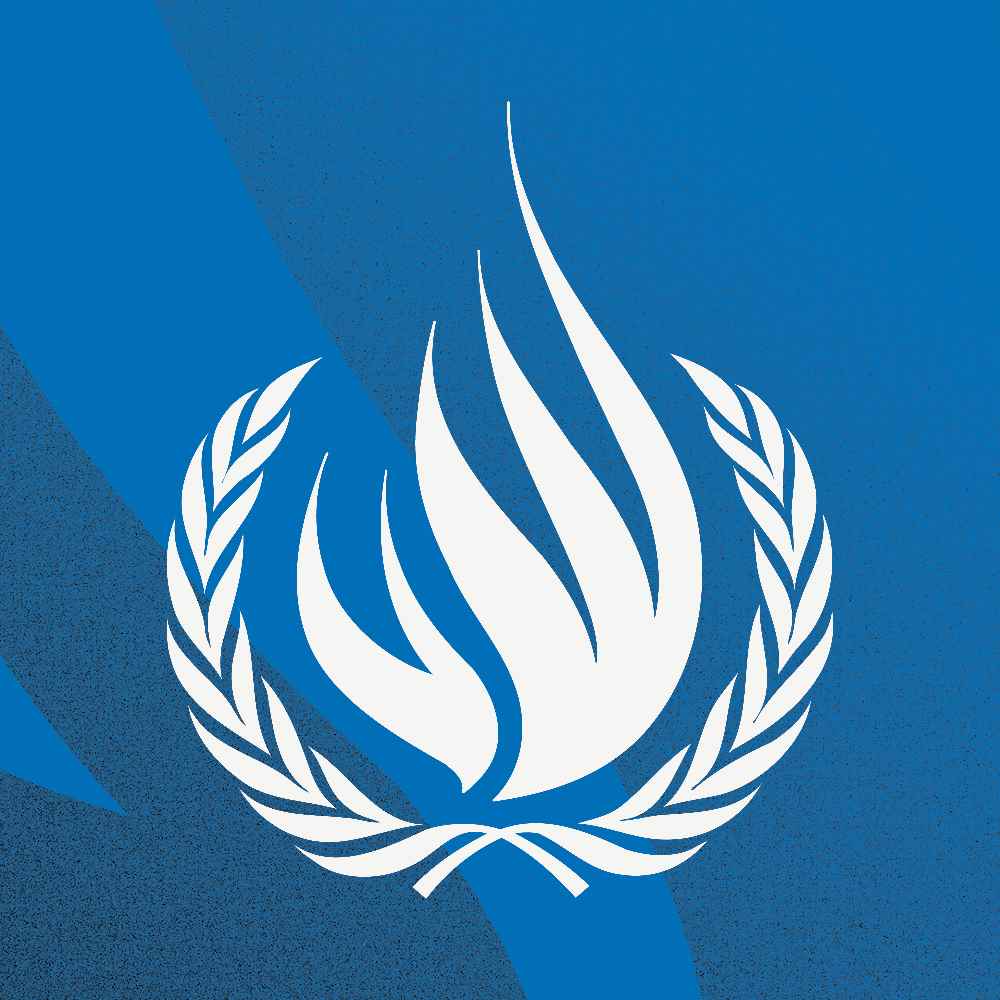
GENEVA (27 October 2023) – Following the commemoration of the UN International Day on Older Persons on 1 October, three United Nations rights experts* issued a statement highlighting the alarming situation faced by many LGBT older persons and exhorting UN Member States and other stakeholders to design, pass and implement all measures necessary to address violence and discrimination that disproportionately impact the enjoyment of their human rights.
The experts noted that the specific human rights challenges faced by older LGBT persons include leading their lives against the backdrop of negative societal stereotypes and assumptions about their physical and mental health, their sexuality and sex life, their ability to contribute to society, and their worth to their families and communities. Experiences of compounded discrimination and stigma throughout their lives may lead to increased rates of depression, anxiety, dementia, and other mental health conditions in older life, often compounded by social isolation and loneliness if they live in a social environment that is not accepting. They further noted that gendered societal assumptions create significant barriers to access to health, including menopausal and gynaecological care for older lesbians and trans men, differentiated health concerns for black gay men, and prostate enlargement and prostate cancer for trans women; and that stigma and prejudice affect the recognition of needs such as peri-menopausal syndrome, erectile dysfunction, lowered libido, vaginal dryness, painful intercourse, and sexual dysfunction.
The experts also highlighted the challenges raised by lack of recognition of families chosen by LGBT persons, and discrimination and violence that can be pervasive in care institutions and that can lead to cruel violations of human rights at the end of a person’s life, and that may even have effects after death, when surviving loved ones are denied access to funeral planning, survivor benefits and inheritance, or when persons are memorialised in ways that are contrary to their gender identity or sexual orientation.
The experts issued nine recommendations to UN Member States to recognise structural ageism as a significant and pressing concern also impacting LGBT persons and to give consequence to that recognition in public policy, by designing measures such as anti-discrimination legislation, awareness programs, training, and specialised services.
*The experts:Victor Madrigal-Borloz, Independent Expert on protection against violence and discrimination based on sexual orientation and gender identity; Claudia Mahler, Independent Expert on the enjoyment of all human rights by older persons; Tlaleng Mofokeng, Special Rapporteur on the right of everyone to the enjoyment of the highest attainable standard of physical and mental health.
The experts are part of what is known as the Special Procedures of the Human Rights Council. Special Procedures, the largest body of independent experts in the UN Human Rights system, is the general name of the Council’s independent fact-finding and monitoring mechanisms that address either specific country situations or thematic issues in all parts of the world. Special Procedures experts work on a voluntary basis; they are not UN staff and do not receive a salary for their work. They are independent from any government or organization and serve in their individual capacity.
For additional information and media requests please contact the mandate of the UN Independent Expert on protection against violence and discrimination based on sexual orientation and gender identity (IE SOGI) at hrc-ie-sogi@un.org.
Follow news related to the UN"s independent human rights experts on Twitter: @UN_SPExperts
Concerned about the world we live in?
Then stand up for someone"s rights today.
#Standup4humanrights and visit the website at
http://www.standup4humanrights.org









